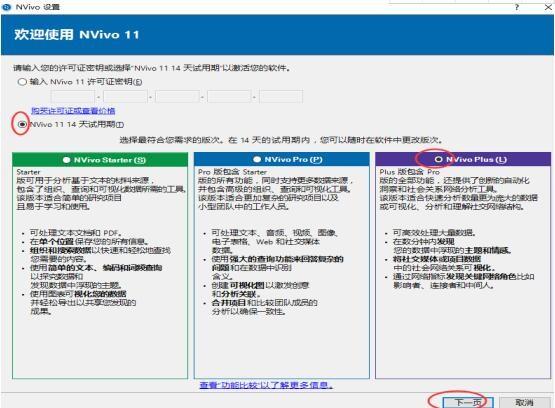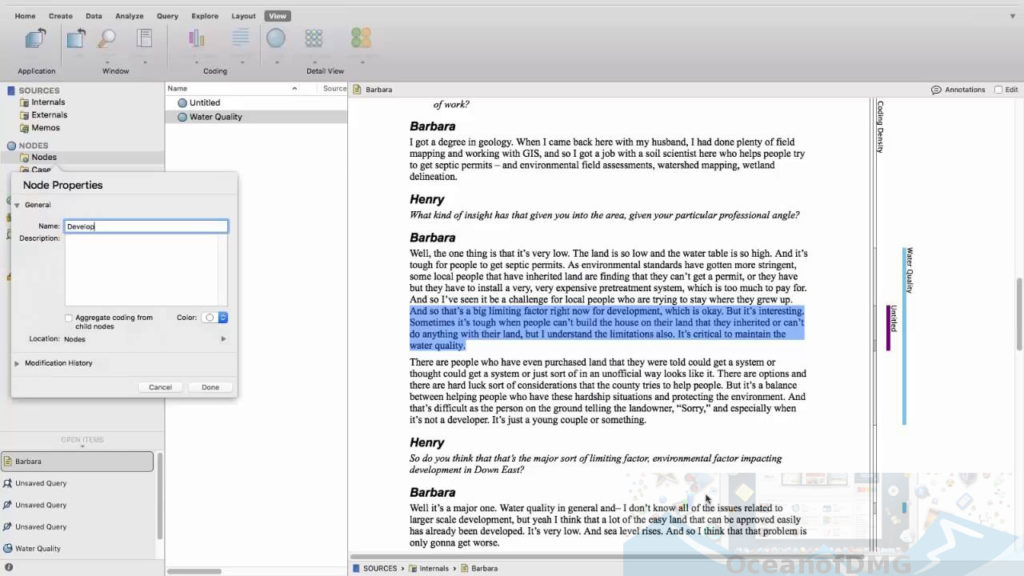

To take action, they served as upstanders, confronted and reported discrimination, provided faculty development on GBD, or enforced “zero-tolerance” policies. When witnessing GBD, participants felt anger, disbelief, guilt, and shame.


The participant narratives revealed 3 themes: emotional responses to GBD, actions they took to address GBD, and reasons for not taking action to address GBD. Results All 18 men participants (mean age, 52.2 years mean time as a department chair, 7.2 years) discussed witnessing or learning about incidents of GBD against women colleagues. Main Outcomes and Measures Qualitative findings identifying experiences witnessing or learning about incidents of GBD against women colleagues, the impact of these observations, and personal or leadership actions taken in response to their observations. Data were analyzed from November to December 2021.Įxposure Semistructured interviews conducted via teleconferencing. Codes were clustered into themes and subthemes and summarized. Narrative data related to GBD were extracted and coded using conventional content analysis. Objective To describe the responses of men who are academic department chairs in EM to GBD directed toward a woman colleague.ĭesign, Setting, and Participants This qualitative study was a secondary data analysis drawn from interviews of men EM academic department chairs at 18 sites who participated in a qualitative descriptive study between April 2020 and February 2021 on their perceptions of the influence of gender and leadership in academic medicine. Women physicians are also more likely to experience GBD than men physicians, particularly from patients, other physicians, or nursing staff. Importance Approximately 60% of women physicians in emergency medicine (EM) experience gender-based discrimination (GBD). Shared Decision Making and Communication.Scientific Discovery and the Future of Medicine.Health Care Economics, Insurance, Payment.Clinical Implications of Basic Neuroscience.Challenges in Clinical Electrocardiography.


 0 kommentar(er)
0 kommentar(er)
